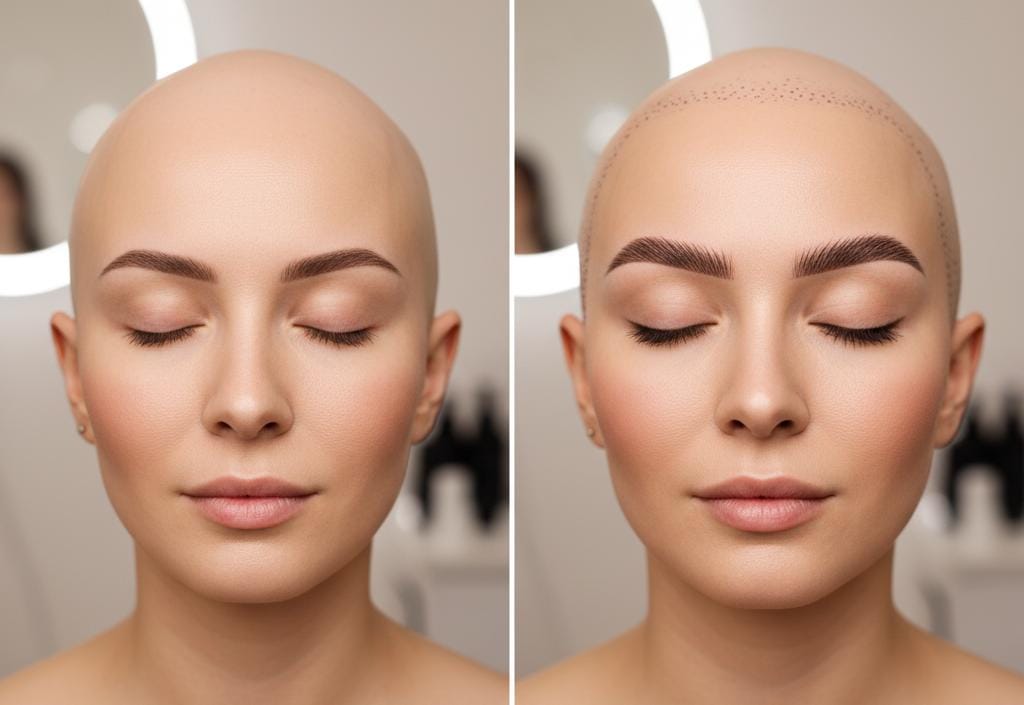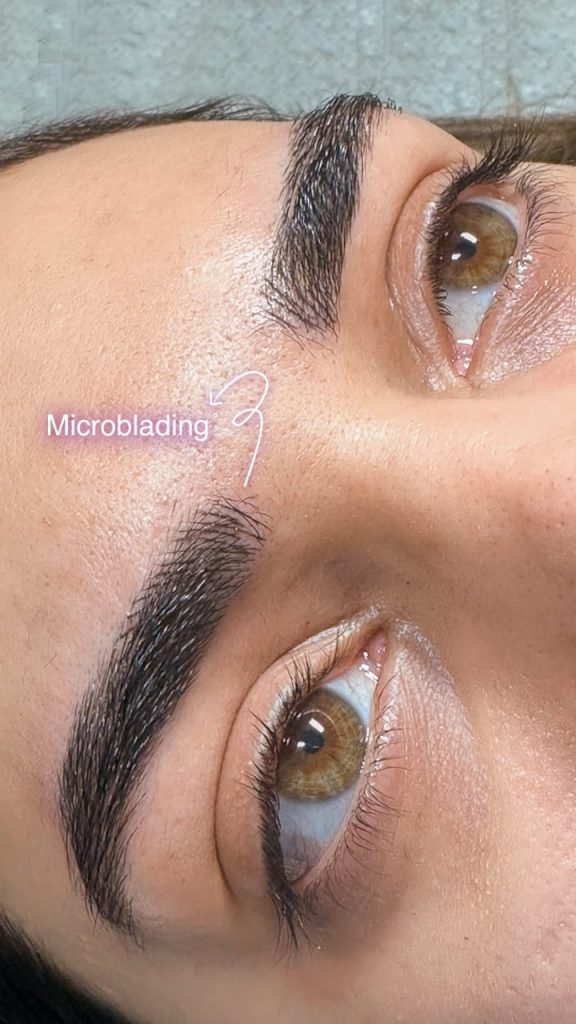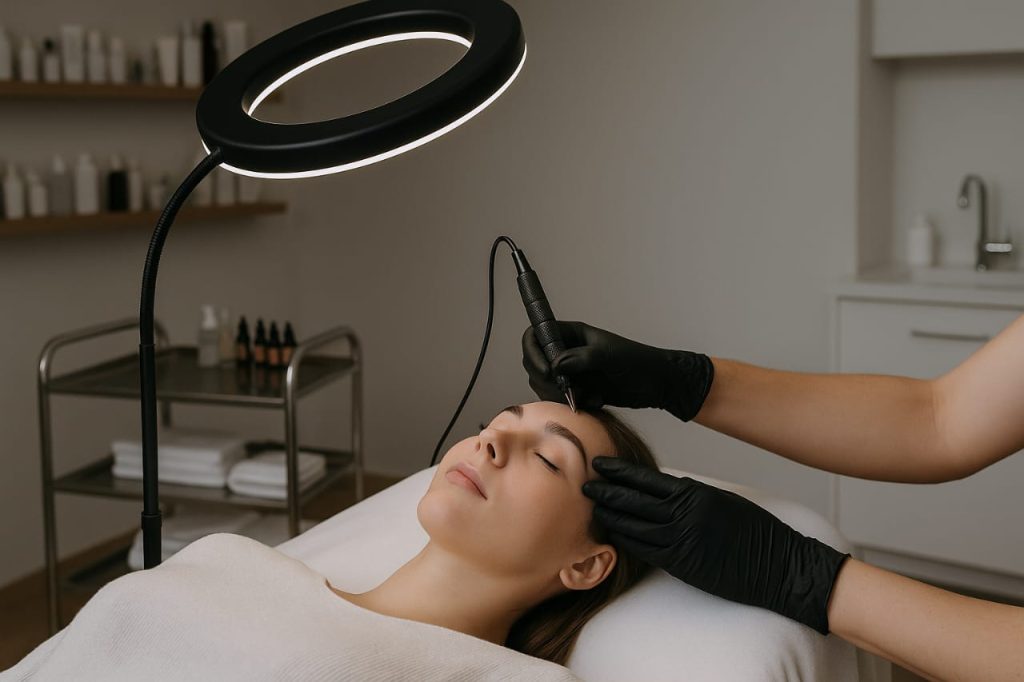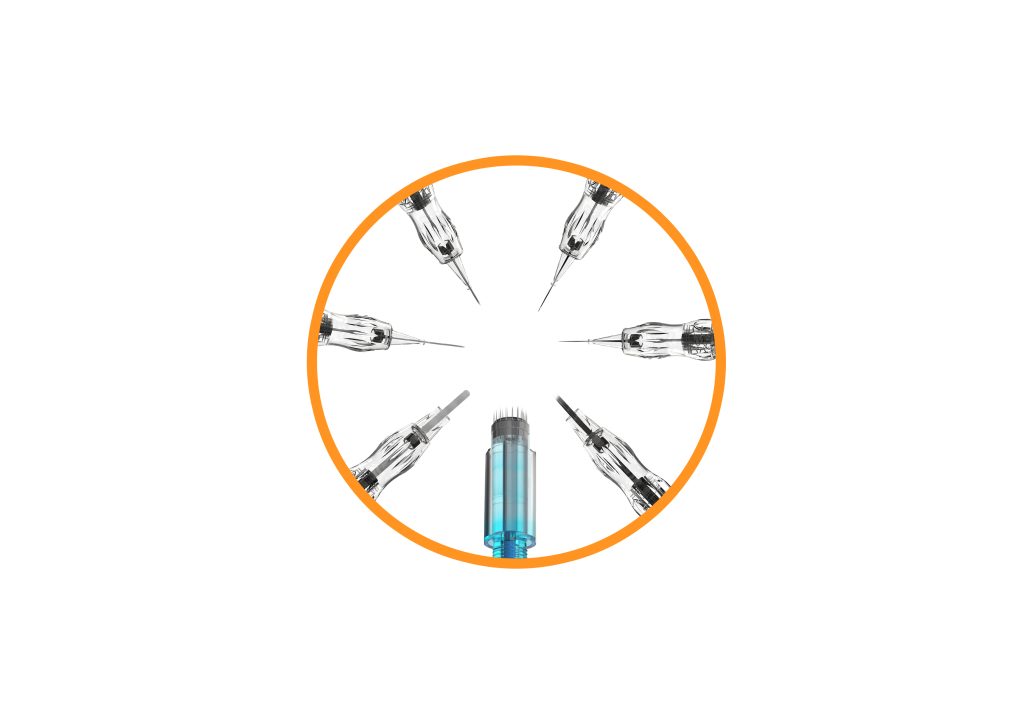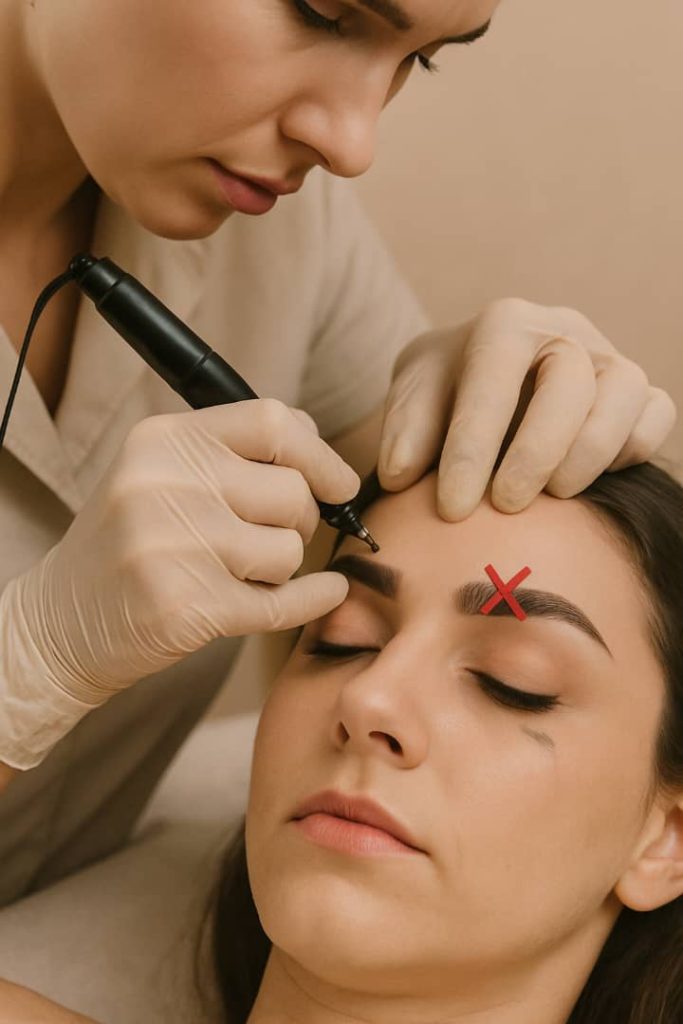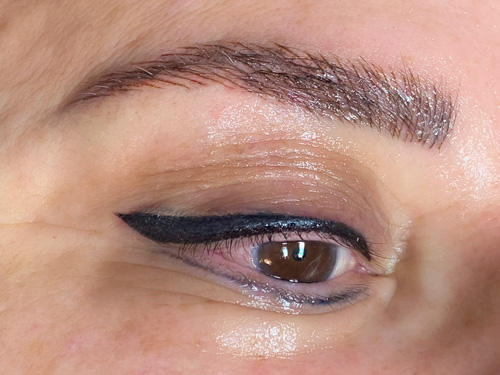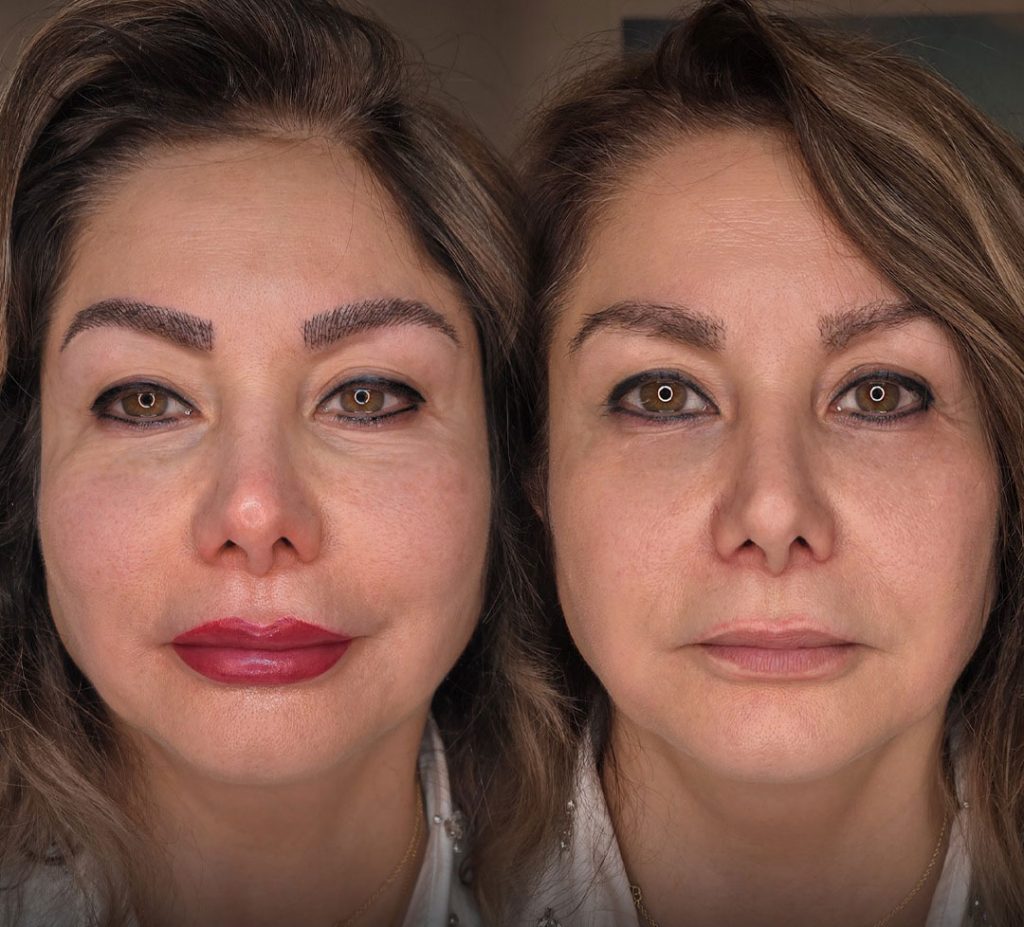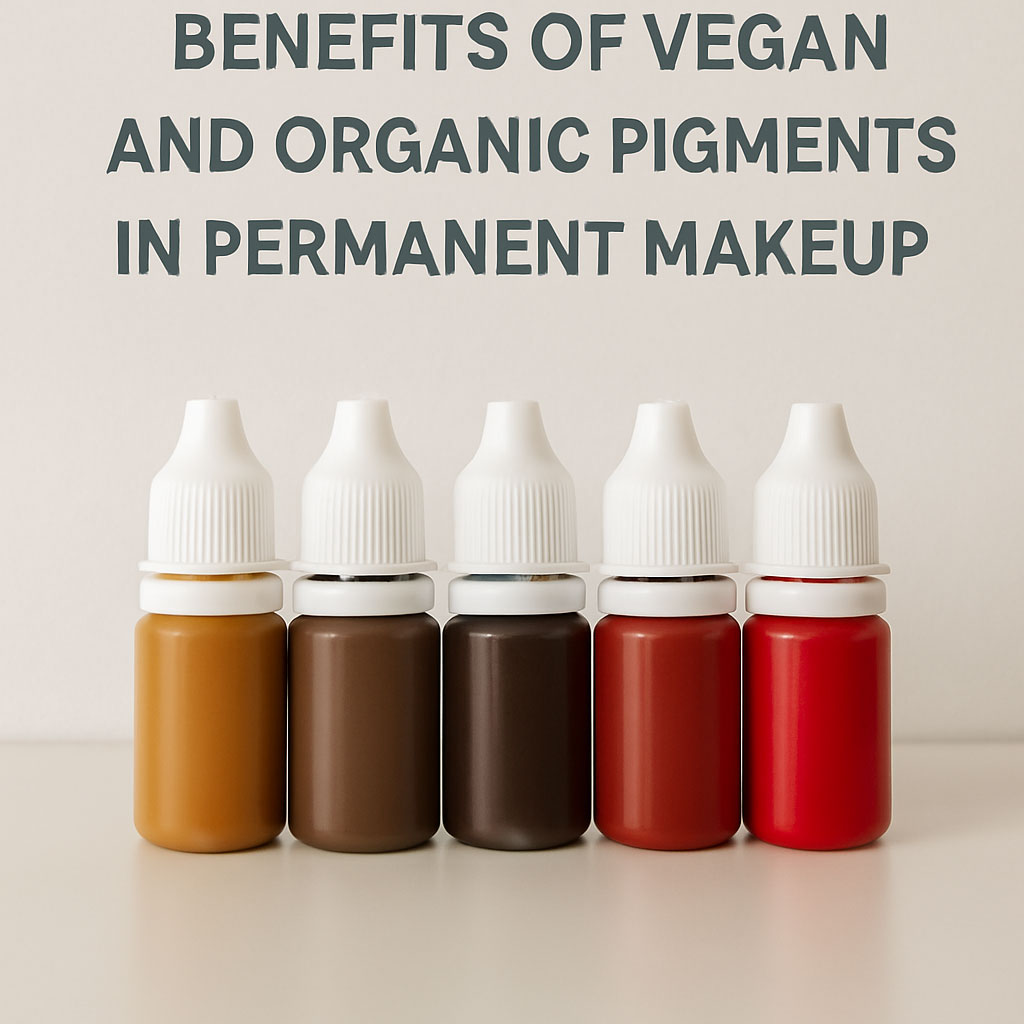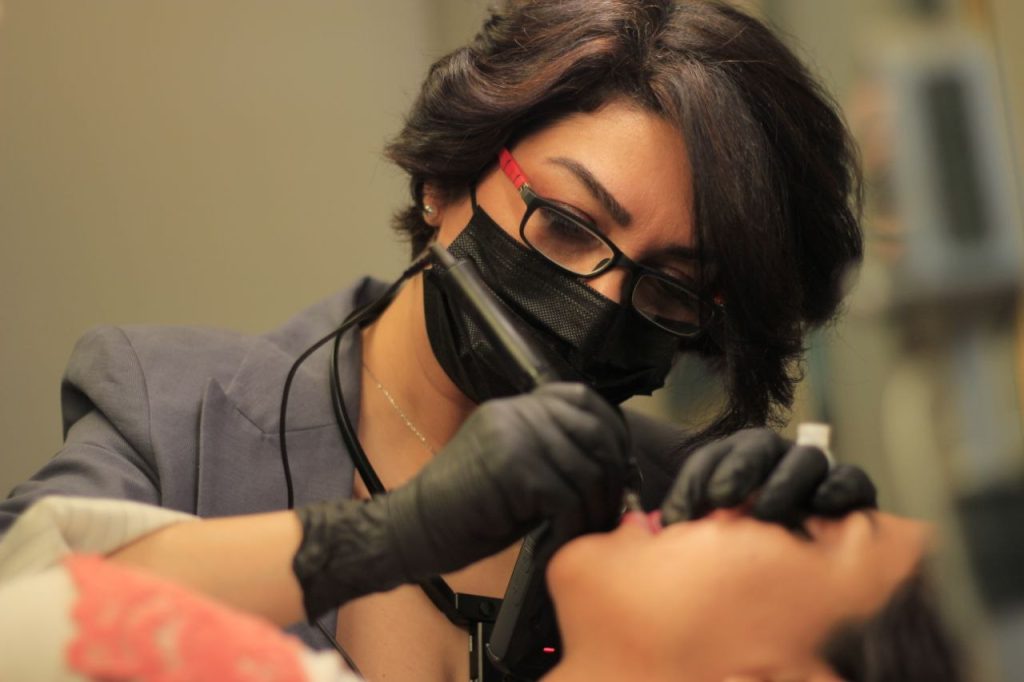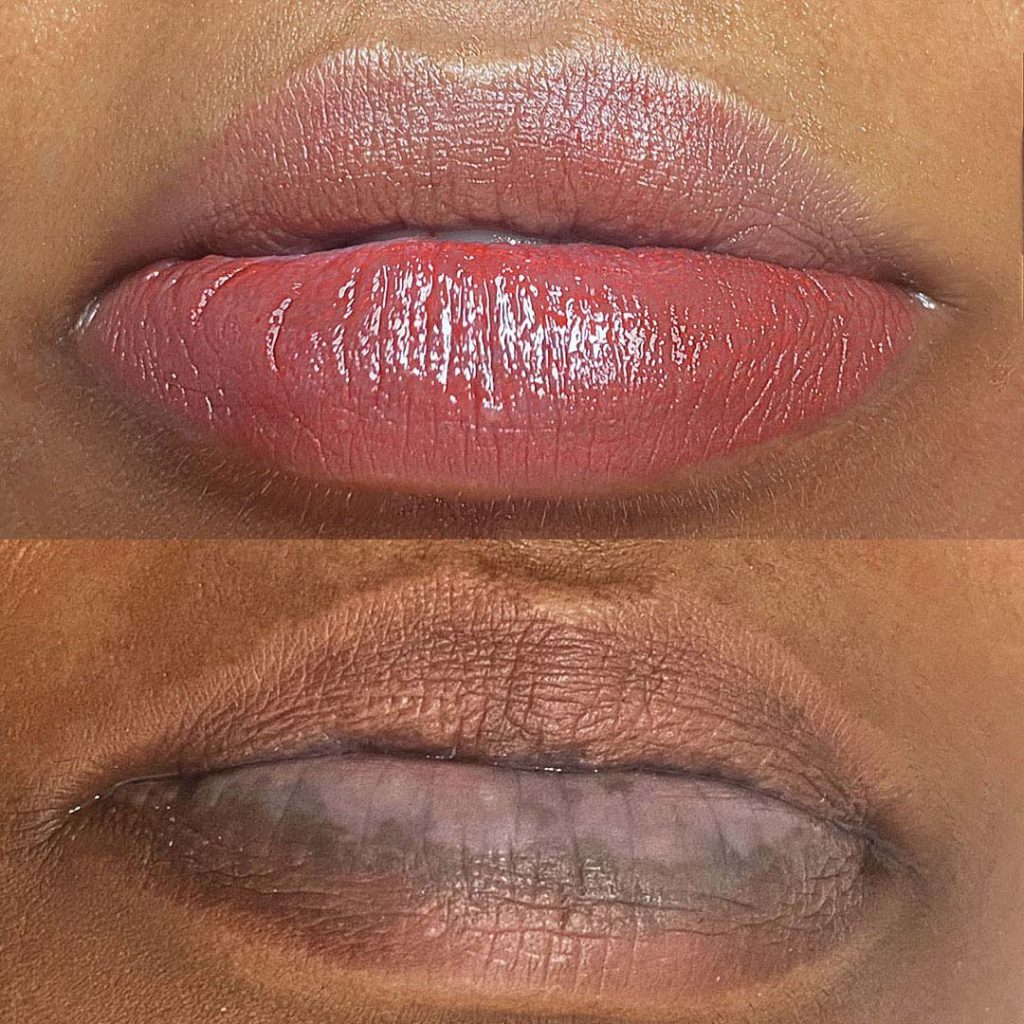Is Permanent Makeup Safe During Pregnancy or Breastfeeding?
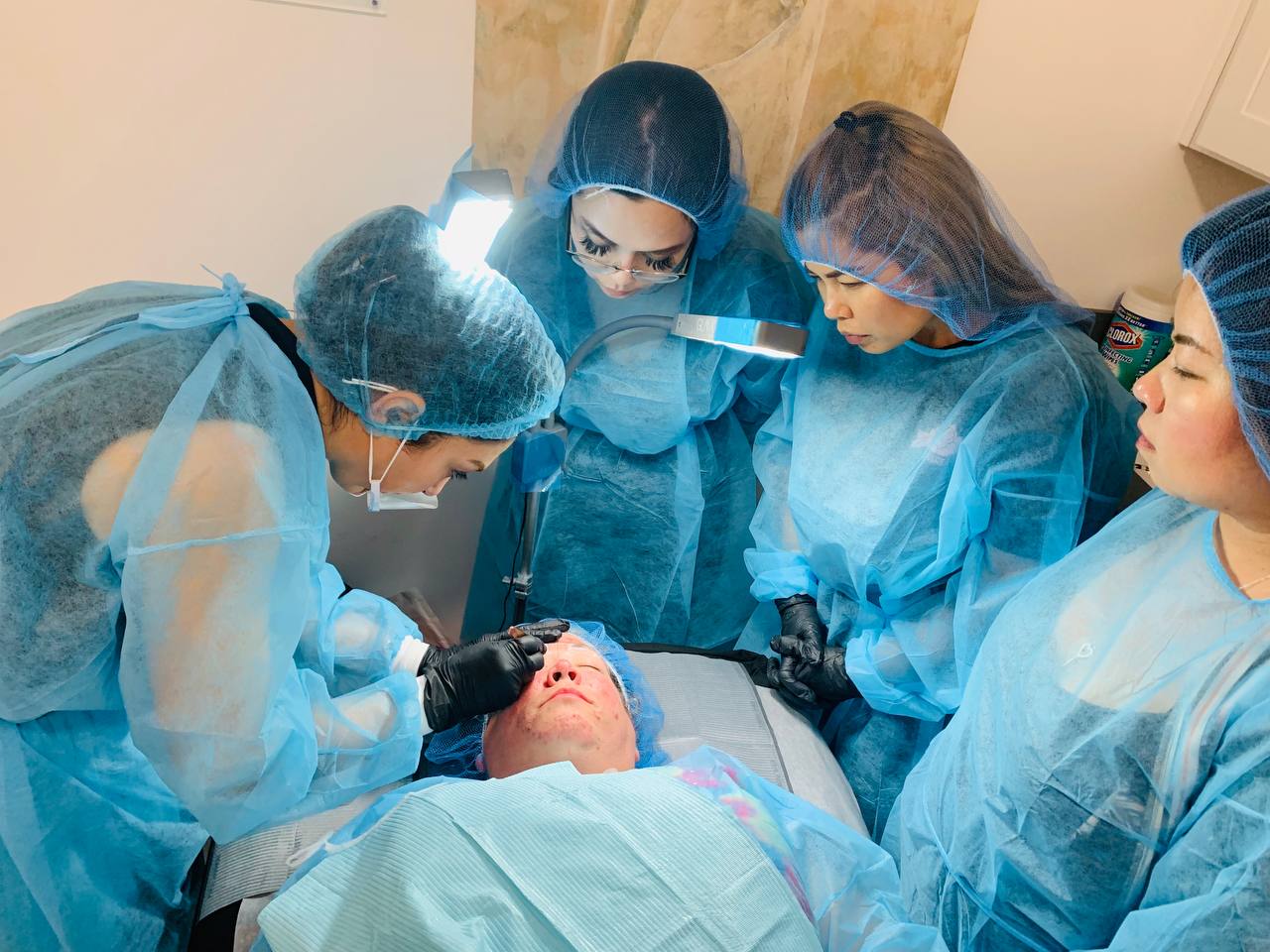
Pregnancy and breastfeeding are beautiful, transformative phases in a woman’s life. Amidst the hormonal changes, physical shifts, and endless preparations, many women still want to feel like themselvesو confident, radiant, and put together. Permanent makeup (PMU) can seem like a convenient solution to save time and enhance natural beauty. But one question remains: Is it safe to get permanent makeup while pregnant or breastfeeding?
This article explores the risks, expert opinions, and safe alternatives so you can make an informed decision for you and your baby.
What Is Permanent Makeup?
Permanent makeup, also known as cosmetic tattooing or micropigmentation, involves inserting pigment into the skin to mimic the appearance of makeup. Popular procedures include:
- Microblading (Eyebrows)
- Lip Blush
- Eyeliner Tattoo
- Areola Reconstruction
- Scalp Micropigmentation
These treatments offer long-lasting results, saving time on daily routines, but they do involve needles, pigments, and healing processes, which are important factors to consider during pregnancy and lactation.
Is Permanent Makeup Safe During Pregnancy?
Most professionals and medical experts do not recommend getting permanent makeup while pregnant. Here’s why:
- Risk of Infection
Despite using sterile equipment, there’s always a minimal risk of infection with any procedure that breaks the skin. Infections could be dangerous for a developing fetus.
- Allergic Reactions
Hormonal changes during pregnancy can increase skin sensitivity, making allergic reactions more likely, even to pigments you’ve previously tolerated.
- Use of Numbing Agents
Many PMU artists use topical anesthetics that contain lidocaine. While some forms of lidocaine are considered safe in small doses, their use during pregnancy remains controversial.
- Healing Process
Your immune system is more delicate during pregnancy. Healing might be slower, and results may vary.
- Unpredictable Pigment Retention
Hormones can alter skin’s behavior, possibly affecting how pigment is absorbed or retained, leading to uneven results.
What About During Breastfeeding?
Breastfeeding mothers face fewer risks than pregnant women, but caution is still essential.
Key Considerations:
- Pigments and anesthetics are unlikely to pass into breast milk in harmful amounts, but scientific data is limited.
- Healing and stress responses can affect milk supply.
- If infection occurs, certain medications required might not be safe for breastfeeding.
- Always consult your doctor or OB-GYN before proceeding.
What Do Experts Recommend?
Most certified PMU artists, including our lead technician Nancy Akbari, follow industry best practices by postponing treatments until after pregnancy and at least 3 months postpartum (if breastfeeding). This ensures optimal results and prioritizes your and your baby’s health.
Safe Alternatives During Pregnancy:
You can still feel beautiful during this phase! Here are safe options:
- Henna brows or brow tinting
- Non-invasive skincare treatments
- Makeup tutorials tailored for busy moms
- Scheduled PMU consultations for after delivery
Why Wait for the Right Time?
Getting PMU after pregnancy and breastfeeding allows for:
- Better healing
- Predictable pigment retention
- Safer use of numbing agents
- Less risk of complications
Plus, it’s a wonderful “treat yourself” gift after childbirth!
When You’re Ready, We’re Here for You!
At Cosmetic by Banou, we specialize in natural-looking, precise, and fully customized permanent makeup solutions. We use organic, high-quality pigments, follow the highest hygiene standards, and every procedure is performed by Nancy Akbari, a certified expert with years of experience.
When your body is ready, we’ll be here to help you look and feel your best.
Final Thoughts:
While it may be tempting to get permanent makeup during pregnancy or breastfeeding, it’s best to wait. Your health, and your baby’s, comes first. When the time is right, PMU can be a beautiful, confidence-boosting choice.



